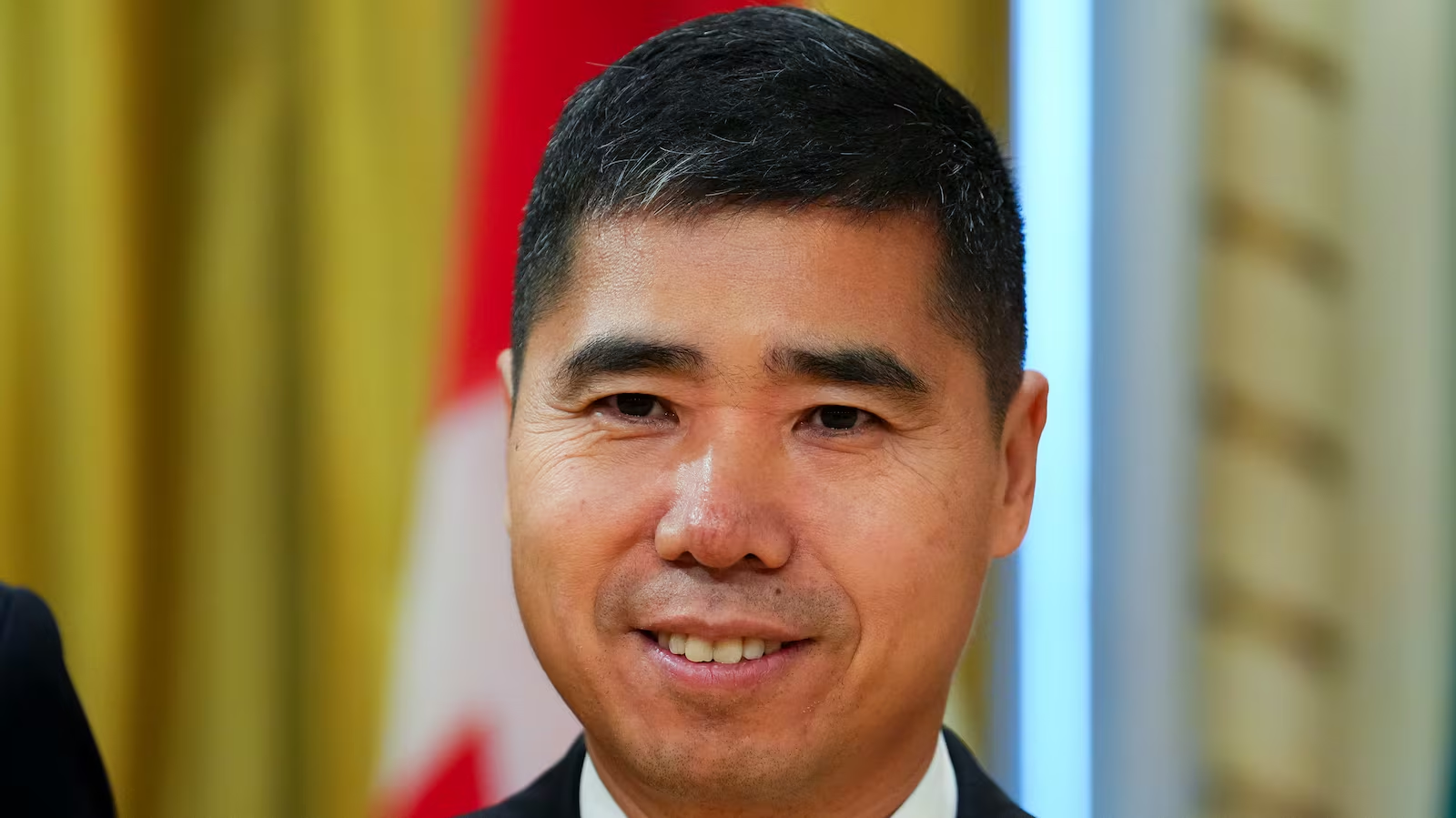OTTAWA — China’s ambassador to Canada, Wang Di, says Beijing will remove its steep tariffs on Canadian agricultural products — including canola — if Ottawa reverses its decision to impose tariffs on Chinese electric vehicles (EVs).
In an exclusive interview with CTV Question Period, Wang said China is ready to “reciprocate accordingly” if Canada scraps its 100% tariff on Chinese EVs, which has been in place since October 2024. “If Canada removes the unilateral unjustified tariffs on Chinese products, China will also reciprocate accordingly,” Wang said through a translator.
A Trade Standoff with High Stakes
Canada’s EV tariffs were imposed in line with similar U.S. measures, intended to protect domestic manufacturing and address national security concerns. Ottawa also maintains 25% tariffs on Chinese steel and aluminum, citing unfair subsidization by Beijing.
In response, China slapped a 100% tariff on Canadian canola oil and meal and a 75.8% tariff on canola seed, severely impacting exports. Saskatchewan, Canada’s canola powerhouse, has seen exports to China plummet — August 2025 exports fell 76% year-over-year, from $400 million to just $96 million. China remains Saskatchewan’s second-largest agri-food market, importing $3.7 billion in goods in 2024.
Wang described the tariffs as “a countermeasure” to Canada’s EV and metal levies. “In China, we say ‘the one who tied the knot should be the one who unties it,’” he added, making clear that Beijing expects Canada to act first.
Ottawa Reviewing EV Tariffs
The federal government has quietly launched an “informal” review of the EV tariff policy but has not provided details. Meanwhile, political debate is sharpening: Conservative Leader Pierre Poilievre opposes lifting the EV tariffs but has urged the Liberals to do more to pressure China to drop its canola levies.
Prime Minister Mark Carney has signalled interest in re-engaging with China on selective fronts like agriculture and climate. He met Chinese Premier Li Qiang at the UN last month — the highest-level meeting between the two countries since 2018. Saskatchewan Premier Scott Moe and MP Kody Blois also recently returned from a visit to China amid the escalating trade war.
Energy Exports Emerging as a New Link
Wang also expressed Beijing’s willingness to import more Canadian crude oil, noting that China has already imported 9.7 million tons in the first eight months of 2025, surpassing last year’s total. Since the Trans Mountain pipeline expansion became operational in 2024, China has become Canada’s top oil customer outside the U.S., buying an average of 207,000 barrels per day.
“Energy cooperation has already become a new growth point for China–Canada trade,” Wang said, adding that China’s “door will be open” if Canadian products remain competitive.
Diplomatic Context
The offer comes amid a fragile rebuilding of ties after years of tension, beginning with the 2018 arrest of Huawei executive Meng Wanzhou, followed by China’s detention of Canadians Michael Kovrig and Michael Spavor. Wang framed the current standoff as fixable if Canada acts first to remove what Beijing considers “unjustified” tariffs.
“The essence of bilateral trade cooperation and trade relationships is mutually beneficial and win-win,” Wang said. “The trade disputes between China and Canada are not caused by China.”

